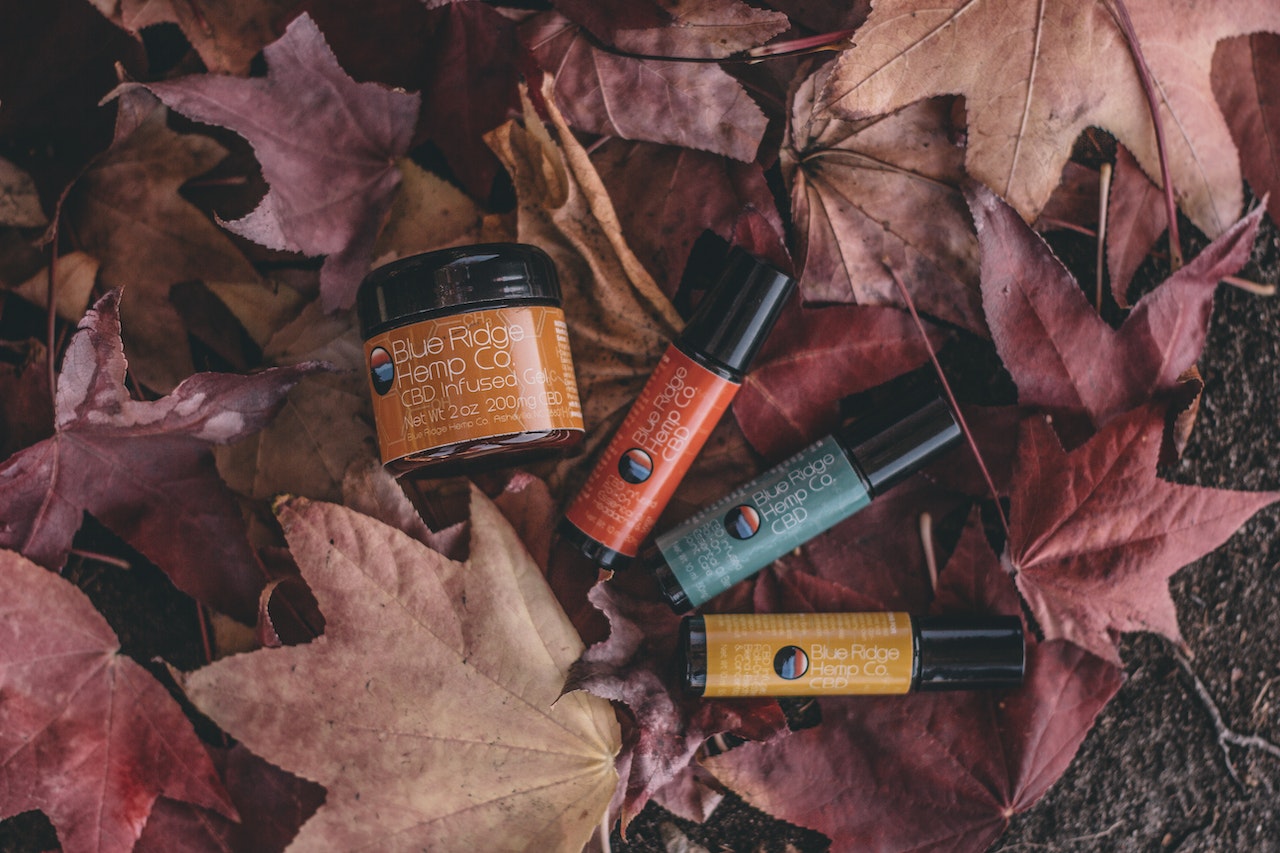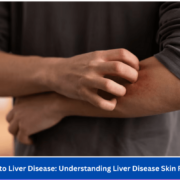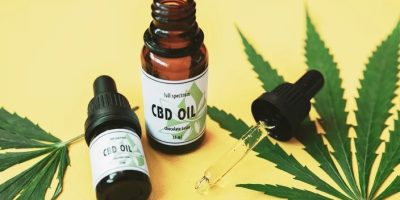
What is CBD, exactly?
An active substance contained in the cannabis plant is called cannabidiol, or CBD. While CBD won’t get you high, it could make some people feel sleepy. The majority of CBD products are made from hemp, a cannabis-related plant. Legally, THC—the primary ingredient that gives users a high—may be present in amounts of up to 0.3% in CBD products.
Does CBD help with arthritis?
Although CBD has been shown to have anti-inflammatory and pain-relieving properties in animal studies, high-quality human studies are still needed to confirm these effects. Anecdotally, some arthritis sufferers who have taken CBD say they have noticed a noticeable reduction in pain, better sleep, and/or less worry. Like with any arthritis medication, some people taking CBD report no symptom relief.
Is it appropriate to consume CBD?
Research into CBD’s safety is still in progress. There is currently a dearth of information on CBD use in arthritic patients. Moderate doses have not been associated with any serious safety problems to date. It is well known that CBD may interact with a number of drugs that arthritis patients frequently take. Before using CBD, talk to your doctor if you’re taking any of the following prescription drugs: corticosteroids (like prednisone), tofacitinib (Xeljanz), naproxen (Aleve), celecoxib (Celebrex), tramadol (Ultram), certain antidepressants like amitriptyline (Elavil), citalopram (Celexa), fluoxetine (Prozac), mirt (Lyrica).
Is purchasing CBD products permitted?
The federal Controlled Substances Act no longer lists hemp-derived CBD products as Schedule In narcotics, but they are still unlawful. Although CBD products can be purchased legally in virtually all states and online, the legal status of these products at the state and federal levels may change depending on how laws and regulations are passed and put into place. For instance, a recent report in JAMA Psychiatry revealed that individuals using a legal CBD product nevertheless had high levels of THC in their urine, which may have consequences for their ability to find work. Before taking CBD, individuals should check their state’s legislation.
Is it advisable for me to try CBD?
Due to a dearth of high-quality clinical studies on CBD and arthritis, doctors have been unable to predict who would benefit from CBD, in what amounts and forms, who would probably not benefit, and who should avoid it. However, there is agreement on a few things:
- Inflammatory arthritis disease-modifying therapy must still be used in conjunction with CBD.
- Patients should speak with the doctor who manages their arthritis before testing with CBD. They can talk about what has previously worked and what hasn’t, whether there are other options to try first, how to do a trial run, what to watch for, and when to return for a follow-up session to assess the results.
- Costly-quality CBD products might be difficult to find, especially if they are used frequently. Make sure the product has a favorable impact on symptoms to avoid squandering money.
What kind of CBD products are advised to research?
Products containing CBD can be breathed in, applied topically, or ingested orally.














